What is a CRM – Simplified (2023)
Uncover “What is a CRM”, its types, role in business operations, and how it enhances customer satisfaction and retention!
When it comes to managing customer relationships effectively, a good CRM software (Customer Relationship Management) is an important tool for businesses of all sizes. With so many options available in the market today, choosing the right one can be overwhelming. Especially when you’re still wondering “what is a CRM?“.
Our Top 3
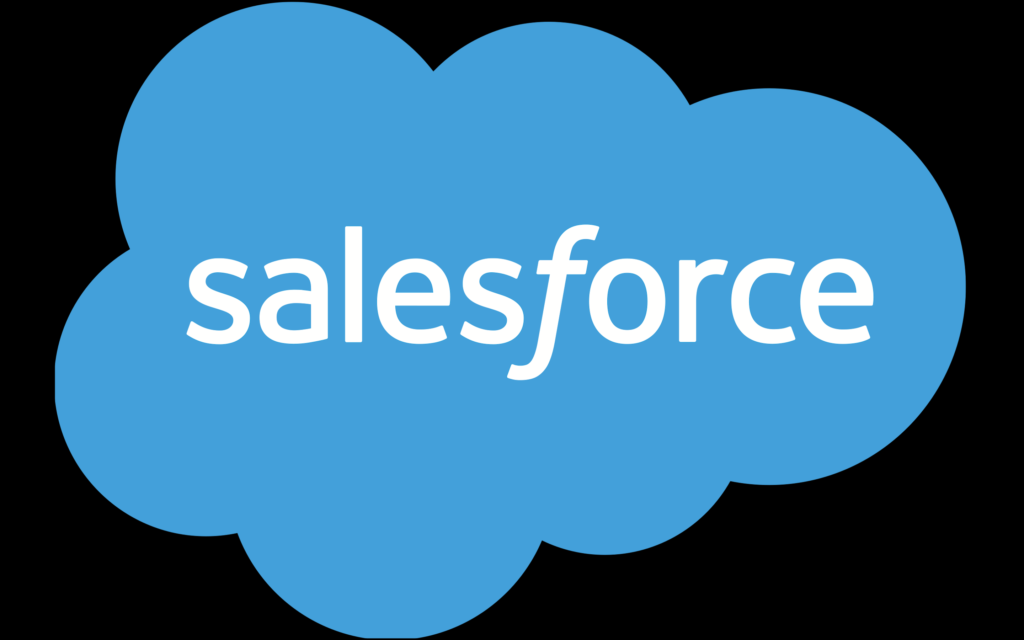
Wide-range of integrations, as well as a large community if you get stuck!
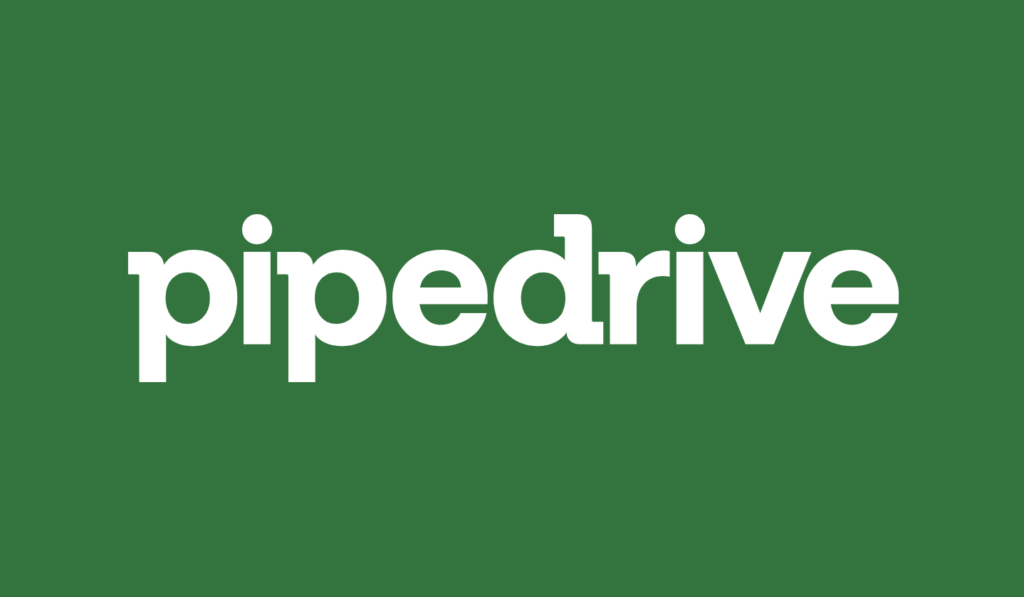
Clean automation for Sales & managing leads and other lo-level task via A.I.
In order to increase sales, develop client relationships & retain customers, selecting the appropriate CRM software is essential. The best CRM software can assist you in achieving your objectives, from lead & sales data, collection in real time & keeping track of purchase records, through to customer data management, customer inquiries and improving customer loyalty.
In the digital age, CRM systems & tools are a must-have for any business to improve customer satisfaction, as well as customer retention.
One key aspect where most good-quality CRM software shine is their ability to integrate seamlessly with email marketing tools and social media platforms. This integration not only streamlines processes but also helps generate actionable insights for improving client relations.

A Customer Relationship Management software (CRM) is an essential tool for businesses to manage customer data and interactions effectively. CRMs allow companies to centralise their database, track and store customer information, run reports in real-time, crm automation processes, and provide excellent for customer support and customer satisfaction.
If you’re looking for a reliable CRM software solution that fits your small business’s specific needs, there are a number of options which offers operational CRM capabilities along with reporting features;
HubSpot, which has automation tools built-in.
Monday.com, known for its intuitive user experience.
Pipedrive, which provides pipeline management solutions – and more, each offering unique benefits based on what you need most out of a platform.
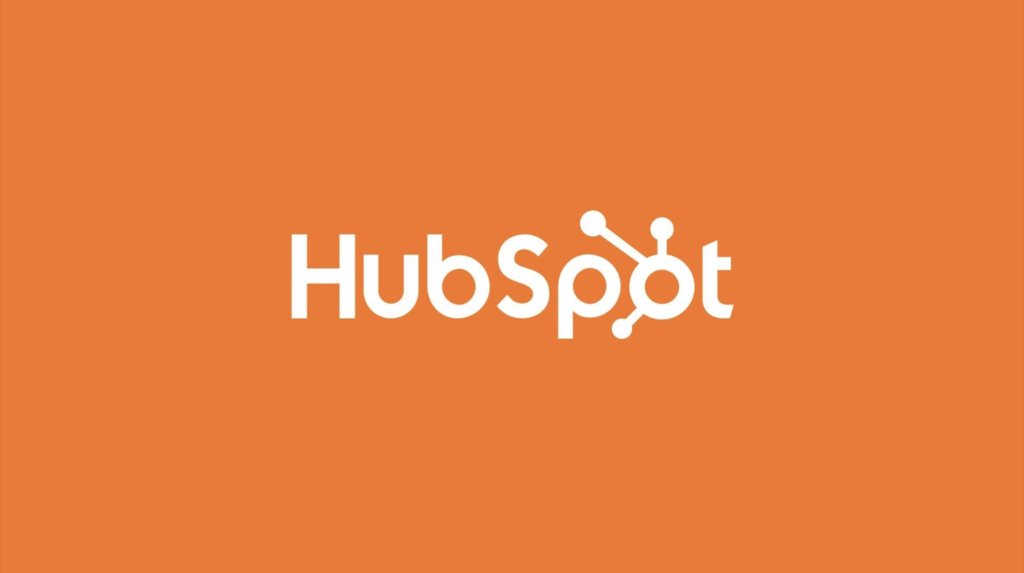
On the hunt for a comprehensive cloud-based CRM software? Look no further than HubSpot. Designed to cater to all business branches, HubSpot offers a free plan, making it an affordable choice for startups and small businesses. This feature-rich platform is ideal for managing customer relationships effectively.
The automation capabilities of HubSpot are second to none. The platform offers users the ability to automate tedious activities such as email follow-ups or data entry, helping to conserve time, energy & resources.
Additionally, the tool’s workflow automation feature can help streamline processes by setting up automatic triggers based on specific criteria like lead score or contact behaviour.
Sales Automation: With Hubspot’s sales automation tools, users can automate repetitive tasks like data entry, email follow-ups, and lead nurturing.
Social Media Integration: The platform allows users to monitor their channels from within the app and engage with customers on those platforms directly.
Analytics & Reporting: Hubspot provides real-time reporting that allow businesses to track their performance metrics in real-time and make data-driven decisions accordingly.
A major strength of HubSpot lies in its integration offerings. Integrations with popular tools like Gmail, Slack, and Salesforce make HubSpot an ideal centralised system for managing sales processes without needing to switch between applications. These integrations allow users to manage their entire sales process within one centralised system without having to switch between different applications constantly.
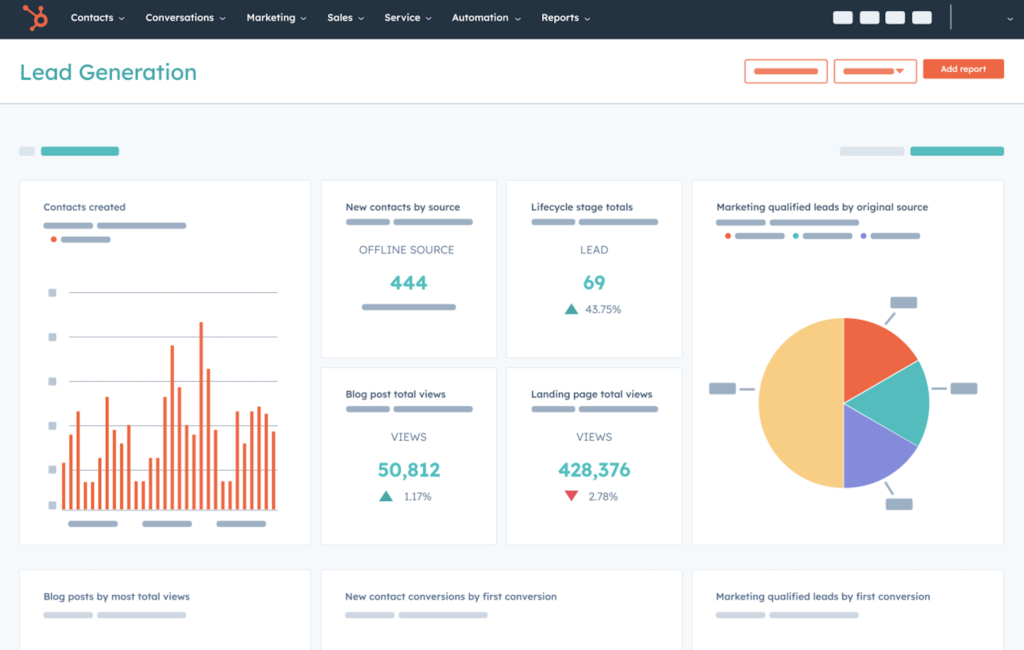
Credit: Hubspot
The user interface of Hubspot is intuitive and easy-to-use. Users have access to an extensive knowledge base where they can find answers to common questions or troubleshoot issues they encounter while using the software.
Additionally, there are various resources available such as webinars, courses & certification programs that provide training on how best to use this tool.
Hubspot provides marketing automation tools along with CRM software functionality. Its drag-and-drop feature allows users to easily create custom fields and workflows without any coding experience required.
Pros:
Cons:
Limited customisability in the free version
Hubspot can be expensive for small business with a limited budget
The platform has some limitations, such as the inability to customise reports and dashboards or add custom fields without upgrading to a higher pricing plan
Free – Completely free, but very limited access
Starter – $30 a month (billed annually) or $50 if billed monthly
Professional – $1600 a month (billed annually) or $1781 if billed month
Enterprise – $5000 a month, only billed annually at $60,000 a year
Try Hubspot now!
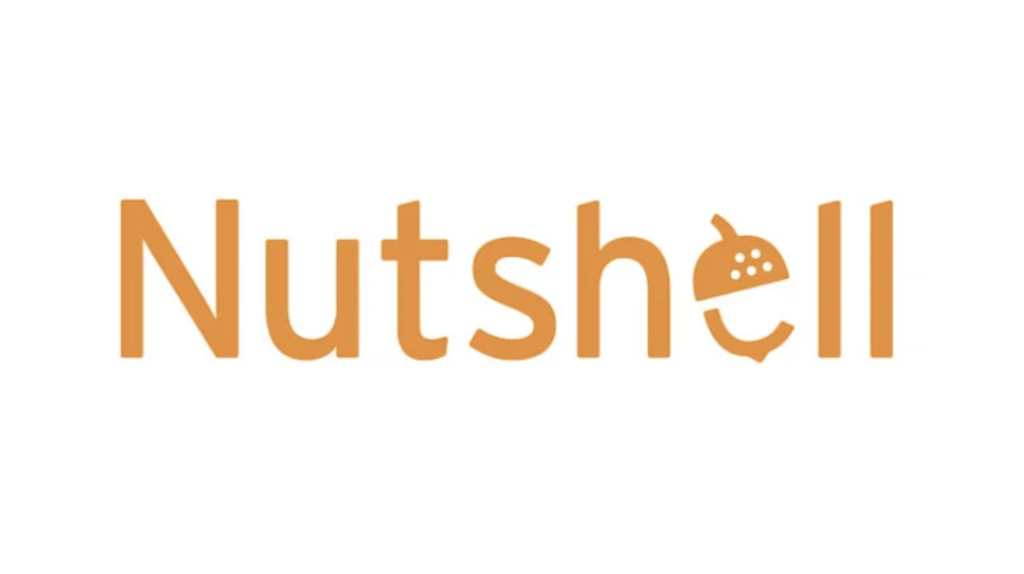
When it comes to choosing a CRM software, there are a number of options available on the market. One of them is Nutshell free CRM software, which provides an all-in-one solution for managing customer relationships and sales.
Nutshell is designed to make your sales process simpler and give you valuable insights into prospective customers.
With Nutshell, you can say goodbye to manual tasks and hello to improved efficiency. This software offers robust automation features that help you close deals faster. From sending follow-up emails to assigning new leads to the right team members, Nutshell takes care of the repetitive tasks so you can focus on what matters most – your customers.
Sales Pipeline Management: Nutshell allows you to track your sales pipeline from start to finish. You can easily manage leads, contacts, and deals in one centralized database.
Email Integration: The platform integrates with Gmail and Outlook so that you can send emails directly from the system without having to switch between different applications.
Reporting Features: With real-time reporting, you can run reports on various metrics such as lead sources, deal stages, revenue forecasts etc., giving insights into how well your business is performing at any given time.
Social Media Integration: Integrating social profiles helps users gather more information about their customers and prospects while also keeping up-to-date with industry trends through social listening tools like Hootsuite or Buffer.
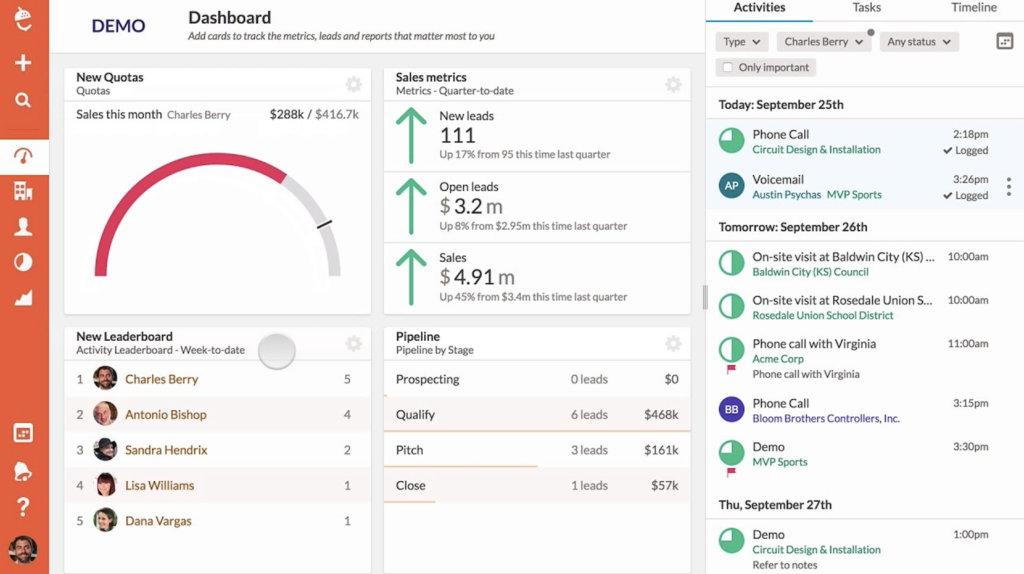
Credit: Nutshell
One of the standout features of Nutshell is its lead collection capabilities. The software captures every customer interaction with potential customers visiting your website or engaging with your brand online. These customer interactions are then compiled into comprehensive profiles for each lead, which includes their contact information as well as any notes or activities related to them.
This kind of detailed insight into customer behavior allows you to understand who’s interested in your product and how best to engage them moving forward, allowing to to focus on boosting customer loyalty. It’s like having a personal assistant dedicated solely to understanding and organising all things related to your business metrics, customer behavior, repeat business and prospective clients.
But that’s not all – Nutshell also integrates seamlessly with other important tool such as Google Workspace, Office 365, and Zapier, making it even more versatile for different types of businesses.
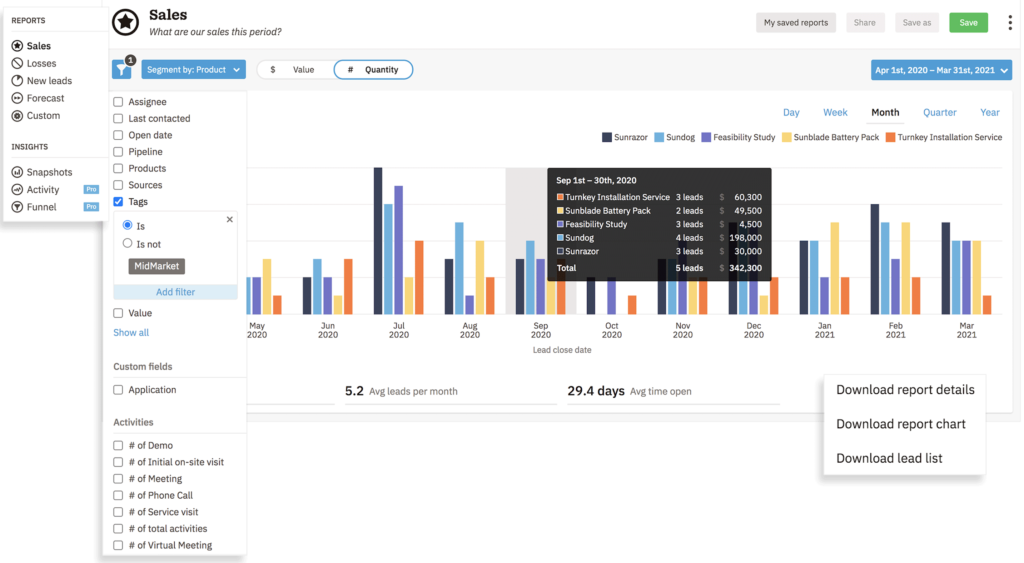
Credit: Nutshell
The user interface of Nutshell is intuitive and easy-to-use. Users have access to drag-and-drop functionality that makes it simple for them to move items around within the system’s interface quickly. This feature enables users who may not be tech-savvy or familiar with CRM technology to use this tool efficiently.
The dashboard provides a quick overview of everything happening within the company’s sales process by showing critical data points such as total revenue generated per month/year along with top-performing reps or products sold most frequently.
However, some reviews suggest that certain features could be improved upon. Overall, Nutshell CRM platform is a user-friendly and comprehensive tool for managing customer relationships.
Pros:
All-in-one solution for managing sales process
User-friendly interface with drag-and-drop functionality
Email integration with Gmail and Outlook
Social media integration to gather more information about customers/prospects
Free trial available
Cons:
Limited customisation options compared to other CRM software like Salesforce or Hubspot. However, the software still offers enough flexibility in terms of custom fields that users can create within their accounts.
The pricing structure may be a bit expensive than some competitors. But it does offer competitive pricing plans based on the number of users needed by businesses.
Nutshell Foundation – $16 a month (if billed annually) or $19 if billed monthly
Nutshell Pro – $42 a month (if billed annually) or $49 if billed monthly
Nutshell Enterprise – $67 a month (if billed annually) or $79 if billed monthly
Nutshell Campaigns – This is an additional package that you can add onto any of the above plans, which can range from and additional $5 a month for up to 100 marketing contacts, to $460 for 60,000 marketing contacts
So why wait? Try Nutshell’s FREE TRIAL today and see how it can help you streamline your sales process and improve your customer relationships.

When it comes to a CRM platform, Salesforce is a name that needs no introduction. It has been around for more than two decades and has established itself as one of the leading CRMs in the market.
Centralised Database: One of the most significant advantages of using Salesforce is its centralised database feature. This allows businesses to store all their customer data in one place, making it easier to access information quickly.
Sales Process: The platform offers customisable processes for sales that can be tailored according to business requirements. This helps teams manage leads efficiently throughout the sales cycle.
Real-time Reporting: With real-time reporting capabilities, businesses can keep track of their performance metrics effectively. Customisable dashboards allow users to view critical data such as lead conversion rates or pipeline stages instantly.
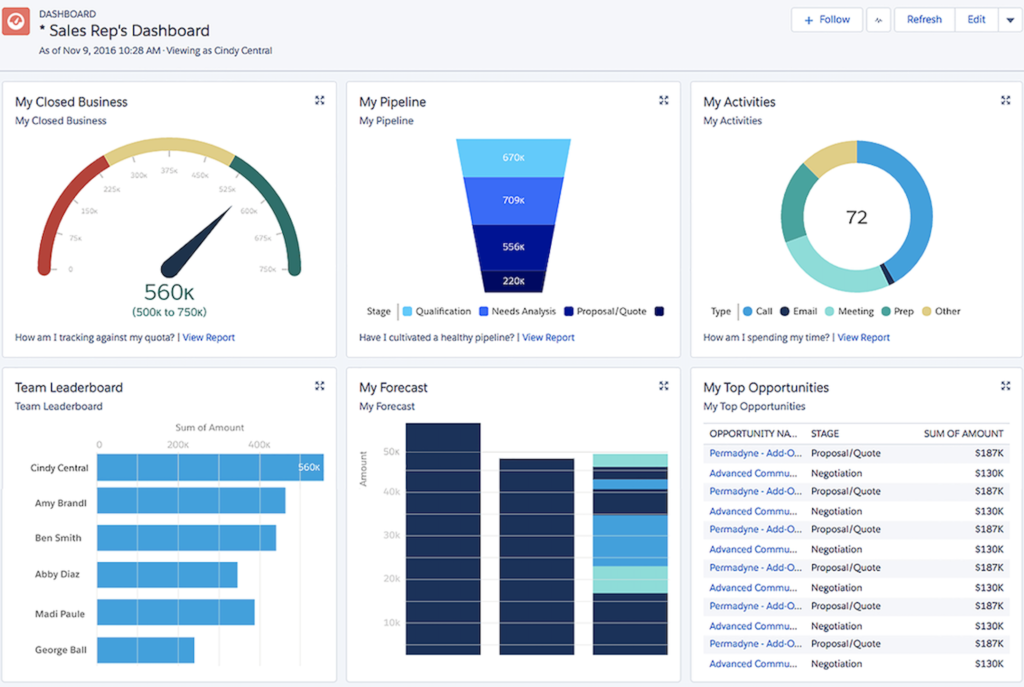
Credit: Salesforce
One of the most popular CRM software on the market with over 150,000 customers worldwide. Salesforce offers a wide range of features such as sales automation tools and customisable dashboards. However, its complex interface may require some training before getting started.
The user interface on Salesforce may seem overwhelming at first glance due to its extensive range of features; however, once you get used to navigating through different modules and tabs within the platform’s layout, it becomes easy to use with time.
In terms of customisation options available on this tool, there are plenty! Users have full control over how they want their dashboard set up, which means everything from custom fields and objects down to even specific page layouts per profile type if needed!
The mobile app version also provides great flexibility for people who need access while away from their desk but still want complete functionality like desktop versions offer without limitations whatsoever!
Pros:
The platform offers a wide range of features that cater to businesses of all sizes.
Salesforce has an extensive community, which means users can get help from other experienced users if they face any issues while using the tool.
The platform integrates with various third-party applications, making it easy for businesses to manage their operations in one place.
Advanced reporting features, extensive customisation options, and a wide range of integrations.
Cons:
The pricing structure may be expensive for a small business or startups on a tight budget.
Steep learning curve for beginners.
Essentials – $25 a month (billed annually)
Professional – $75 a month (billed annually)
Enterprise – $150 a month (billed annually)
Unlimited – $300 a month (billed annually)
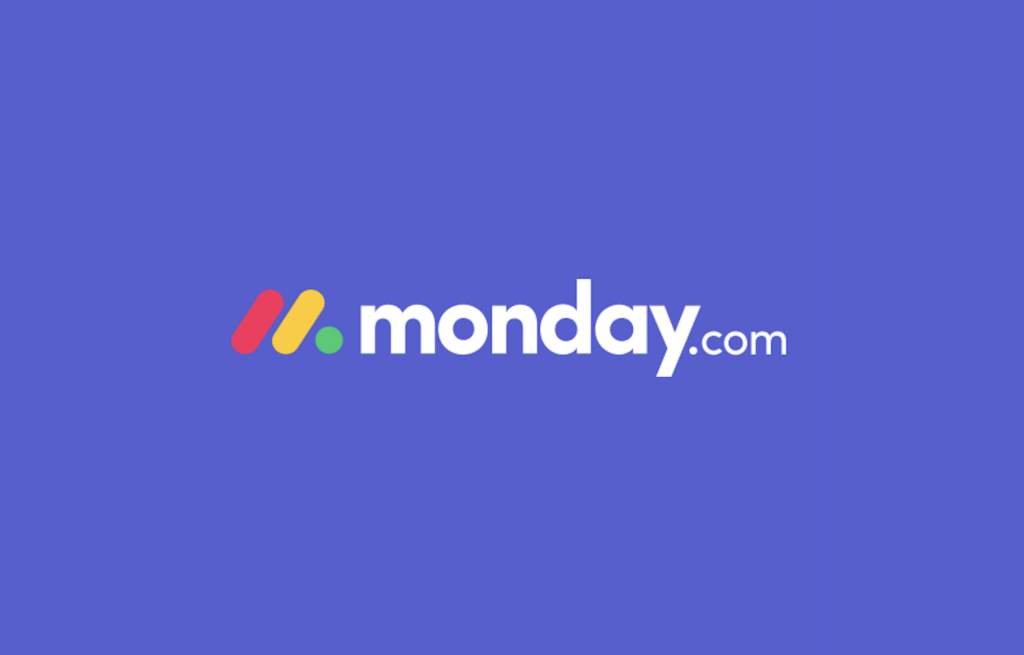
If you’re looking for a reliable, efficient & growing CRM, Monday.com is one of the best options out there. This platform offers a wide range of features that can help businesses streamline their sales processes, manage customer data more effectively, and improve overall customer experience.
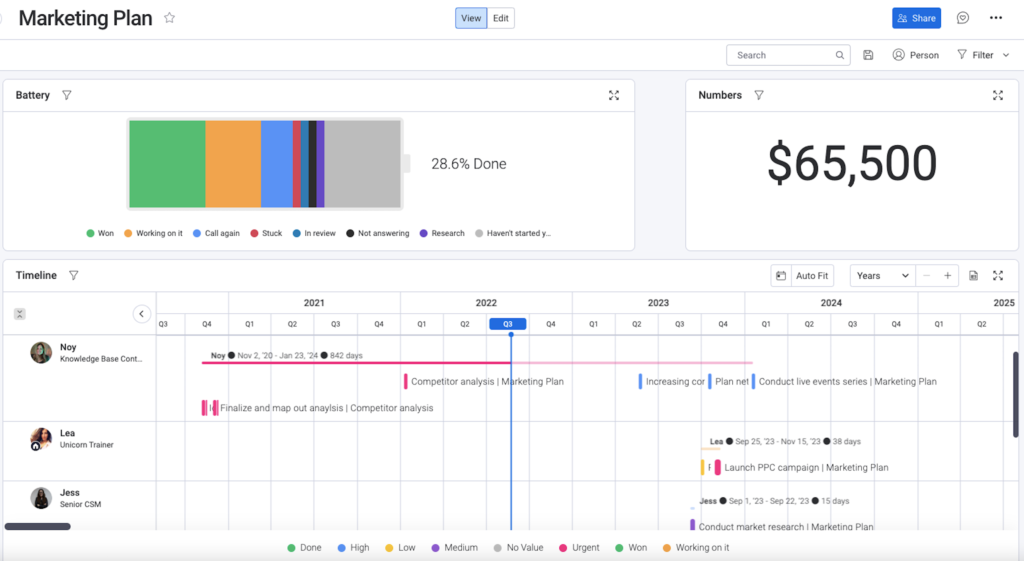
Credit: Monday.com
A versatile project management platform that also offers basic, core CRM features and functionalities like, lead management, tracking and contact organisation. Its customisable interface lets you tailor your workflow according to your business needs.
The user interface of Monday.com is intuitive and easy to navigate. The dashboard provides users with an overview of all their tasks, deadlines, and upcoming events in real-time.
Users can also customise the layout according to their preferences by using drag-and-drop functionality.
Pros:
Customisable templates
Versatile project management features
Affordable pricing plans.
User-friendly interface
Mobile app integration
Built for Project Management capabilities
Cons:
Basic CRM functionalities
May not be suitable for businesses with complex sales process.
Limited automation compared to other CRM software
Limited customisation for reports
Monday.com works on a “per seat” basis, meaning, the more people you employ/allow to use the CRM, the more it could cost. The lowest amounts of seats allowed on a paid plan is 3, while the most is 50.
Free – Completely free forever, but very limited access, and only 2 seats allowed
Basic – $10 per seat ($30 a month for 3 seats – $400 a month for 40 seats)
Standard – $12 per seat ($36 a month for 3 seats – $480 a month for 40 seats)
Pro – $20 per seat ($60 a month for 3 seats – $800 a month for 40 seats)
Enterprise – Contact their team here for a bespoke plan
In addition to their free option, they also have a free trial for the basic, standard, and pro plans! Don’t wait until Monday, try it now.
Read our full review on the Monday.com CRM Software here!

No matter the size of your business, Pipedrive is a customer relationship management solution that can help you manage sales and marketing teams as well as business processes with its varied pricing plans.
Sales Pipeline Management: Visualise your sales process stages in one place, making it easier to track deals progress.
Email Integration: Send emails directly from the platform without switching between applications.
Contact History: View past interactions with contacts at a glance so that you’re always informed before reaching out again.
Campaign Tracking: Track the performance of your marketing campaigns within the software itself, allowing for easy analysis and adjustments as needed.
In addition to these key features, there are numerous other capabilities that come with each tiered pricing option. For example, higher-tier packages include advanced reporting analytics which allow businesses to gain deeper insights into their sales process.
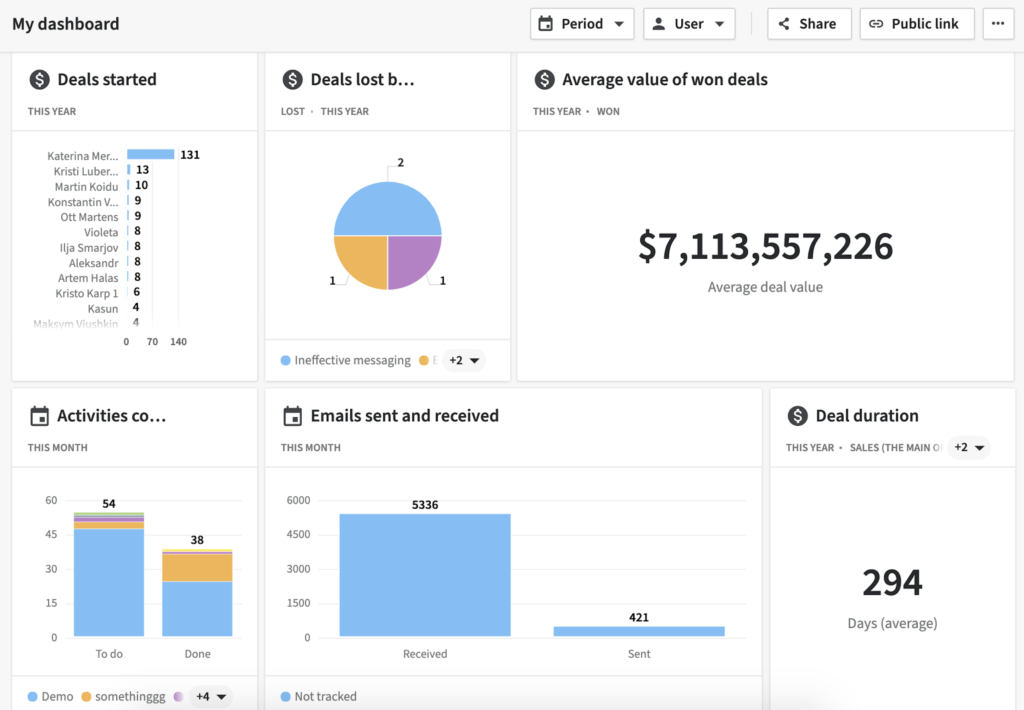
Credit: Pipedrive
Known for its simplicity and ease-of-use, Pipedrive is designed specifically for small businesses or startups who want to streamline their sales process. Its visual pipeline sales management and system helps keep track of deals in real-time.
Real-time tracking
Visual pipeline management
Pros:
Simple and easy-to-use interface
Visual pipeline management system
Affordable pricing plans
Cons:
Limited features compared to other CRM software
May not be suitable for larger businesses
Pipedrives pricing plans are based on a per-user, per-month basis.
Essential plan – $14.90 a month (billed annually) or $21.90 if billed monthly
Advanced plan – $27.90 a month (billed annually) or $37.90 if billed monthly
Professional plan – $49.90 a month (billed annually) or $59.90 if billed monthly
Power plan – $64.90 a month (billed annually) or $74.90 if billed monthly
Enterprise plan – $99 a month (billed annually) or $119 if billed monthly
But don’t just take our word for it. Check out Pipedrive’s website to learn more about their CRM system & their FREE TRIALS!

The core feature of any CRM tool is its ability to manage contacts effectively, and Salesmate excels at this. You can easily add new contacts or update existing ones, and categorise them based on various parameters like industry type, location, purchase history etc. by categorising contacts, Salesmate enables crm sales teams to effectively prioritise their efforts.
Salesmate also allows users to track interactions with each client, providing sales rep with a comprehensive view of the client relationship and customer journey throughout the business process, helping retain customers.
Popular amongst small business owners and entrepreneurs, Salesmate is a cloud-based platform that offers a range of features designed to help users manage their sales process and improve customer relationships.
Apart from managing contacts efficiently, Salesmate also offers insightful analytics that give businesses an edge over competitors. These insights provide valuable data about potential customers’ behaviour patterns, which can help shape future marketing strategies.
Sales Forecasting: SalesMate’s predictive analytics tools can forecast future sales numbers based on historical data and current trends within your database, helping you plan ahead effectively.
Pipeline Analysis: By analyzing how leads move through different stages of your pipeline, you get a clear picture of where bottlenecks may exist, enabling proactive problem-solving.
Campaign Performance Tracking: SalesMate enables detailed campaign-specific reports that let you understand what’s working well vs what needs tweaking if you’re running multiple marketing campaigns simultaneously across different channels/platforms.
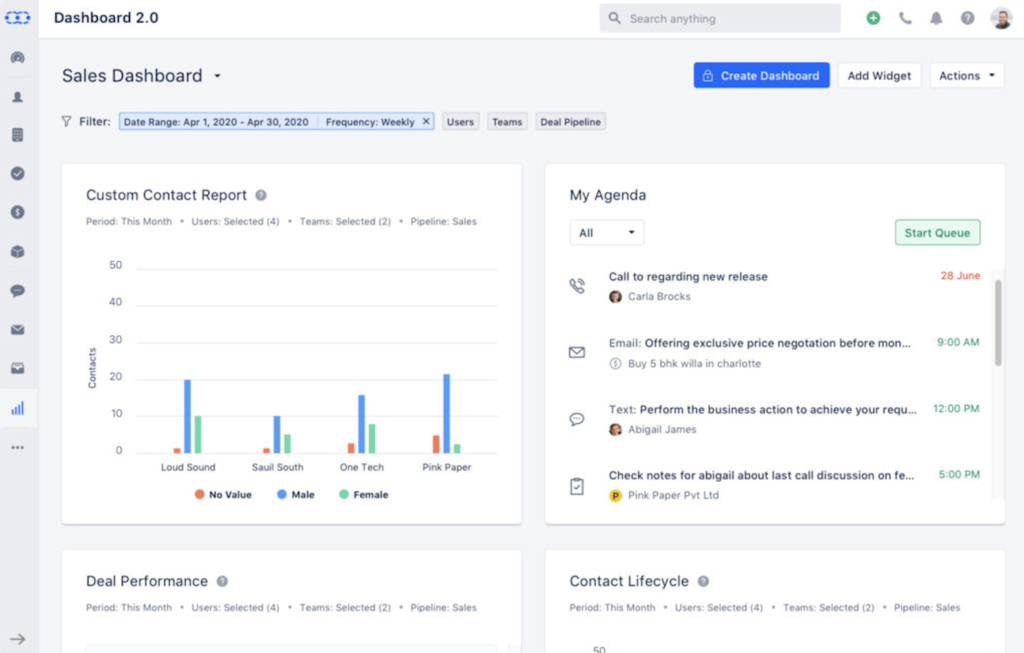
Credit: Salesmate
Pros:
User-friendly interface: Salesmate’s dashboard is easy to navigate, making it simple for users to access the information they need quickly.
Centralised database: All customer data is stored in one place, allowing teams to easily collaborate and share information.
Real-time reporting: Users can run reports on various metrics such as lead sources, pipeline stages, and revenue forecasts in real-time.
Affordable pricing plans: Salesmate offers flexible pricing plans that cater to different business needs with affordable rates compared with other CRM software like Salesforce or Hubspot.
Cons:
Salesmate CRM solution also works on a per-user, per-month basis.
Starter – $12 per month (billed annually) or $15 per month billed monthly
Growth – $24 per month (billed annually) or $30 per month billed monthly
Boost – $40 per month (billed annually) or $50 per month billed monthly
Enterprise – Contact their team here
Data is the lifeblood of CRM software, driving choices, strategising and propelling businesses forward. It fuels decision-making processes, strategic planning, and ultimately, business growth. Maintaining data is essential for its proper functioning, just like any other asset.
Without regular data maintenance, CRM systems and software can quickly become cluttered with outdated or incorrect information. This could lead to inaccurate forecasting and misguided strategies, hampering your sales team’s performance.
The impact of irregular data maintenance on decision-making processes can be detrimental for businesses, potentially ending up in the loss of customer information. Here are some potential pitfalls:
Misguided Strategies: Outdated information can lead to flawed assumptions about market trends or customer behaviour, resulting in ineffective strategies.
Poor Customer Experience: Incorrect contact details might result in communication gaps with customers, affecting relationships and brand image.
Inaccurate Forecasting: Old data might not reflect current realities, resulting in unrealistic targets and goals.
To avoid these issues, it’s essential for businesses using a CRM software to prioritise regular data cleaning practices such as removing duplicate entries, updating contact details regularly, and verifying all new inputted information for accuracy before saving them into the system.
Duplicate Detection & Removal: This involves identifying duplicate records within your database and merging or deleting them accordingly.
Contact Information Updates: All changes made by clients regarding their personal info should be updated immediately in your system.
Data Verification: Newly added contacts should always be verified for accuracy before being saved into the system.

Credit: Salesforce
Choosing the right CRM software can be a daunting task, especially with so many crm options available in the market. The decision you make will have a significant impact on your business operations and success. Therefore, it is crucial to choose wisely.
The first step in choosing the right and best CRM software for small business is determining what your business needs are. You need to identify specific areas where you require assistance from a tool such as sales automation, marketing automation, or customer service management.
The user experience (UX) should also play an important role when selecting a CRM platform since it affects how easily employees can use it daily. A complicated interface could lead to poor adoption rates among staff members who find themselves struggling with navigation or understanding key functionalities.
Therefore, before making any purchase decisions, take advantage of free trials offered by vendors so that teams can test out different platforms without committing financially upfront.
A good CRM system should provide value by improving efficiency in various business areas such as customer retention rates, product development cycles, customer life cycle, contact management and overall customer experience.
By considering factors such as your business needs and user experience of different CRMs available in the market today, you’ll be able to make an informed decision about which one will work best for your organisation’s business processes and unique requirements.
So take some time out now before making any purchase decisions so that you choose wisely!
Related Post’s
Uncover “What is a CRM”, its types, role in business operations, and how it enhances customer satisfaction and retention!

Do you have a property portfolio & want to see how you can manage it better? Then check this article out for the best software for Landlords
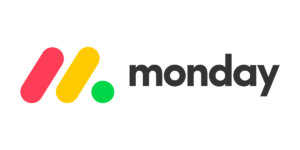
An in-depth review of the Monday.com crm. Is this the crm you should consider for your small (or large) business? You decide.